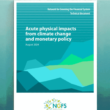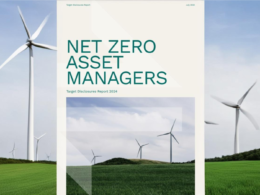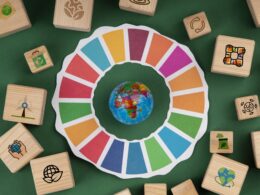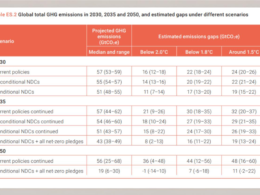Tens of millions of women and girls in sub-Saharan Africa are at risk of experiencing catastrophic levels of intimate partner violence (IPV) due to the worsening climate crisis, according to a new report from the UN Population Fund (UNFPA). The report, Climate Change Impacts and Intimate Partner Violence in Sub-Saharan Africa, highlights how rising global temperatures are intensifying violence against women and girls in the region.
The research, conducted by UNFPA, the International Institute for Applied Systems Analysis (IIASA), and the University of Vienna, projects that in a worst-case scenario where global temperatures rise by more than 4°C by the end of the century, the number of women and girls facing IPV in sub-Saharan Africa could almost triple from 48 million in 2015 to 140 million by 2060. This surge in violence is attributed to the impacts of climate change, including extreme weather, food insecurity, water scarcity, and forced displacement.
The report highlights how rising temperatures and extreme weather events can fuel aggression and increase the risk of IPV. Climate-induced factors, such as the collapse of agriculture, housing insecurity, and resource shortages, are increasing household tensions, which in turn heighten the likelihood of violence against women and girls. In regions of sub-Saharan Africa already heavily affected by the climate crisis, more than half of women and girls reported experiencing IPV in the past year.
“Extreme heat threatens the safety and well-being of the most vulnerable women and girls across Africa,” said UNFPA Executive Director Dr. Natalia Kanem. She also warned about the health risks posed by heat stress, which can increase the likelihood of preterm births and stillbirths in pregnant women. “The climate crisis has led to shocking levels of violence in the home – an impact often overlooked by policymakers,” Dr. Kanem added.
The report outlines two scenarios for the future. In the best-case scenario, if global efforts limit temperature rise to 1.5°C, the share of women affected by IPV in sub-Saharan Africa could drop from 24% in 2015 to 14% by 2060, preventing nearly 2 billion cases. In the worst-case scenario, with a 4°C rise, IPV cases could soar to 140 million by 2060, a 192% increase from 2015.
The report emphasises that this spike in violence can be prevented if Member States strive to limit global temperature rise to 1.5°C, as outlined in the Paris Agreement, and pursue the 2030 Agenda for Sustainable Development. These efforts aim to reduce emissions, build climate resilience, and empower women and girls through education, training, and economic investment. Dr. Kanem stressed the urgent need for climate action to protect women and girls from the compounded effects of the climate crisis. “UNFPA’s new research points the way forward: decisive climate action needs to build resilience in affected communities, which starts with putting the needs of women and girls first,” she said.
The report also calls on governments to invest in climate-resilient health care systems that provide medical and psychological support to IPV survivors. Additionally, countries are urged to include sexual and reproductive health and the risks of gender-based violence in their national climate policies and plans.
Earlier this year, UNFPA launched the Resilient Futures: Empowering National Climate Actors for Gender-Transformative Adaptation project, funded by the Africa Climate Change Fund (ACCF). The project, which is being implemented across 10 East and Southern African countries, trains current and future climate leaders to integrate gender, sexual and reproductive health, and gender-based violence interventions into national climate policies.





















